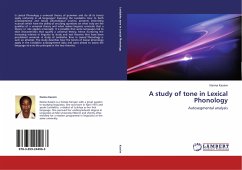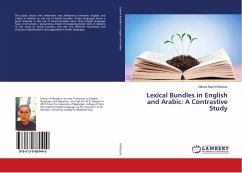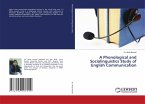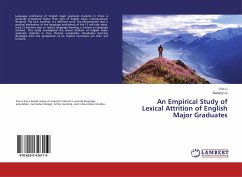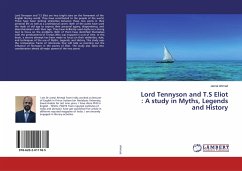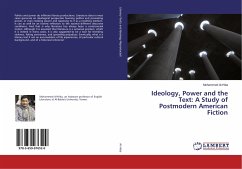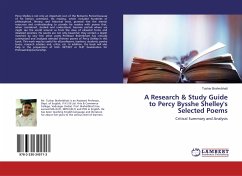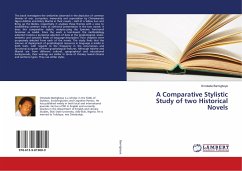Is Lexical Phonology a universal theory of grammar and do all its tenets apply uniformly in all languages? Exposing the Lwidakho tone to both autosegmental and lexical phonological scrutiny presents interesting nuances which have the ability of arousing questions on what truly are the qualities of a universal theory and what makes linguists conclude that a theory or rule applies universally. It is possible that some languages fail to elicit characteristics that qualify a universal theory, hence nurturing the increasing interest in linguists to study and test theories that have been proclaimed universal. A study of Lwidakho Tone in Lexical Phonology is such an attempt. The study describes how the tenets of lexical phonology apply in the Lwidakho autosegmental data and goes ahead to assess the language vis-a-vis the principals in the two theories.
